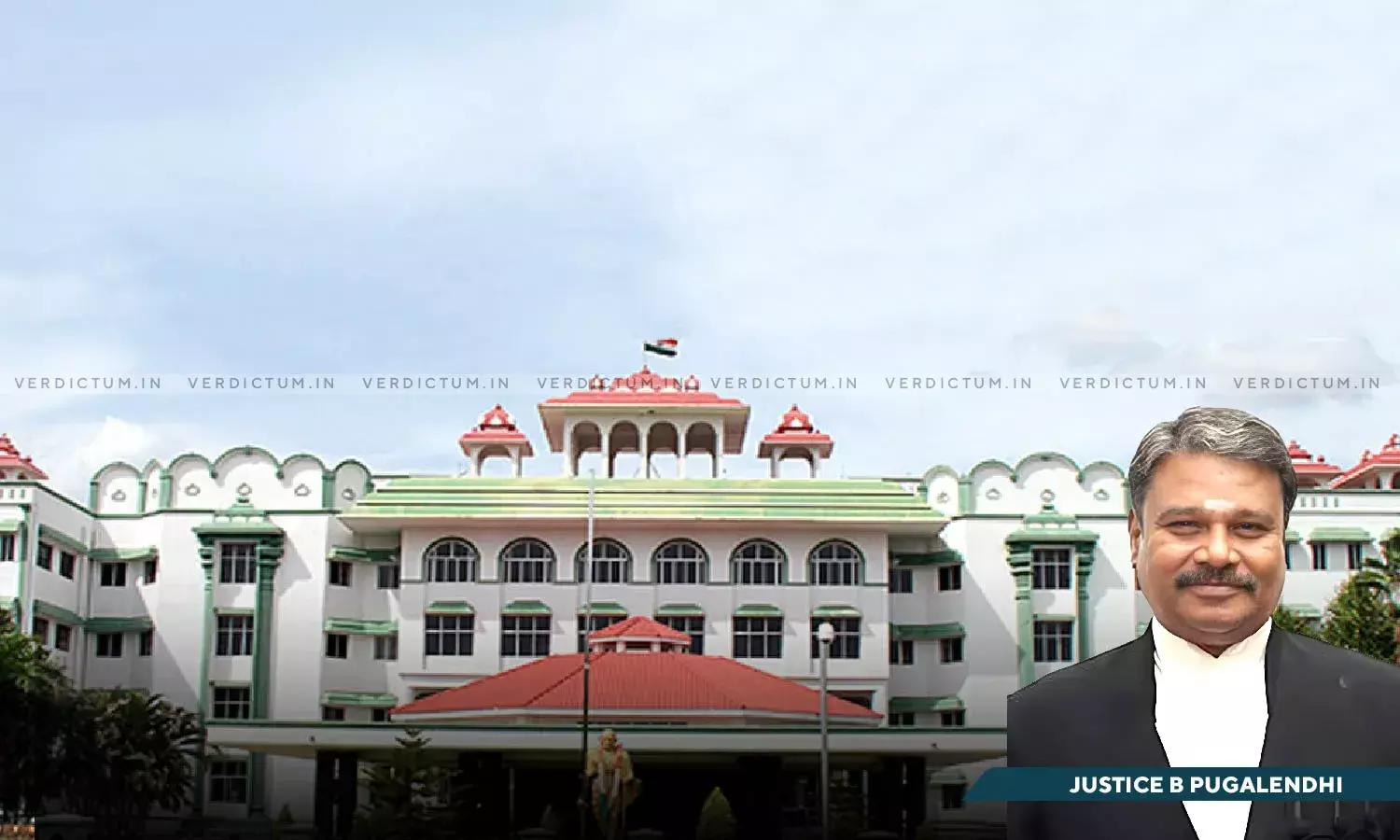Cases Of Distributing Money To Voters Increased; Penal Actions Contemplated For This Offence Not Effective: Madras HC
The Madras High Court stated that gratifications being made to the electors in the form of money, food, prizes, etc. would demolish the basic structure of the Constitution and democracy.
The Court observed that the legislature's treatment of this offence, punishable by imprisonment for up to one year, did not align proportionately with its gravity. Consequently, the practice of distributing money or gifts to voters persisted, with reported cases of such conduct increasing in every election.
A Single Bench of Justice B. Pugalendhi observed, “Even in today's newspaper, it is reported that for the ensuing parliamentary elections, Rs.4,650/- Crore have been seized so far. Its hardly 15 days have passed and 65 more days is there for this election season. The amount so far recovered for this 15 days period is higher than the amount which have been recovered during the entire election conducted in the year 2019.”
Advocate J.Selvam represented the petitioners, while G.A. P.Kottaichamy appeared for the respondents.
The Court's observation came during the hearing of petitions seeking to quash proceedings under Section 468 of the CrPC, filed by petitioners accused of bribing voters during the 2011 elections.
“Democracy is the basic principle in our constitution. Our country is the largest democratic country in the world. The sculptural inscriptions would show that democracy prevailed in our country even during the ancient times,” the Court remarked.
Section 171(E) of the IPC, under which the accused were charged, pertains to the punishment for bribery. However, the Court expressed concerns over the leniency of the punishment prescribed, stating that the gravity of the offence was not proportionately addressed.
The Court observed, “Squads are being constituted by the Election Commission for monitoring the movement of money. No doubt, cases are also being registered for bribery. However, it appears that since the penal actions contemplated for this offence is not effective, the cases are registered for some statistical purpose and the investigation agencies are not prosecuting the cases any further.”
The Court ordered a review of the mechanism in place for the prosecution of electoral offences by directing the Counsel appearing on behalf of the accused to:
- number of cases registered in the previous Parliamentary Election, 2019 and State Assembly Election, 2021 for the distribution of money / bribery to the voters;
- the stage of those cases; and
- details of the cases, if any, ended in conviction.
Further, the Court requested the State Election Commission, Tamil Nadu, to explain how they were following up with the cases that were being registered for electoral offences.
Accordingly, the High Court listed the matter for further hearing and appointed Mr. R. Anand as Amicus Curiae.
Cause Title: Dhanalakshmi & Anr. v. The Sub Inspector of Police & Anr.
Appearance:
Petitioner: Advocates J.Selvam and Manikandan.A
Respondents: G.A. P.Kottaichamy



